
Upcoming Events
Please see below for our upcoming events.
Past Events
Scroll through our past events or filter by year.
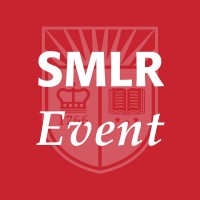

RCCS "Speaking of China" Lecture Series
Co-Sponsored by Rutgers Center for Chinese Studies


Faculty Lunchtime Program on The Transnational Challenge of Union Organizing.
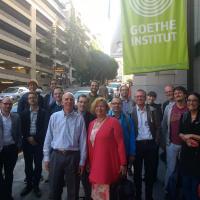
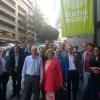
SMLR's Center for Global Work and Employment held a workshop on August 30, 2017 at the Goethe-Institut in San Francisco to probe the changing politics of Germany’s social market economy.
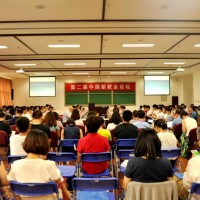
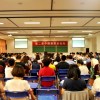
Conference at Renmin University in Beijing on Crowdwork.
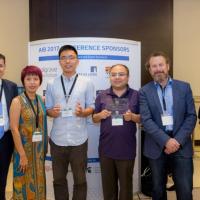
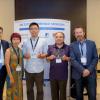
SMLR Professor Mingwei Liu, co-director of the Center for Global Work and Employment, and Can Ouyang, Ph.D. student at Cornell University, won the Best Paper Award in Emerging Economies Research of the Academy of International Business (AIB).
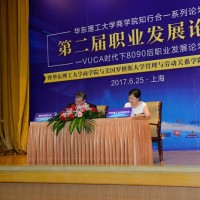
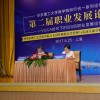
SMLR and East China University of Science and Technology Launch Master Courses Certificate Program.


Talk by Mingwei Liu.
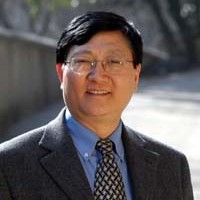



SMLR’s Center for Global Work and Employment welcomed Christine Gerber and noted German researcher Martin Krzywdzinski from the Berlin Social Science Center to talk about the crowdworking platform economy and what it means for the future of work.


The evolution of the global economy has entered a new phase. As national boundaries have become more permeable and businesses’ local moorings loosened, increasingly transnational competition has challenged labor market institutions, triggered political realignments and shifted firm-level tasks worldwide. Which strategies have they used to engage with shifting ideas, interests and institutions? What kind of innovations in the governance of work have their efforts engendered?


